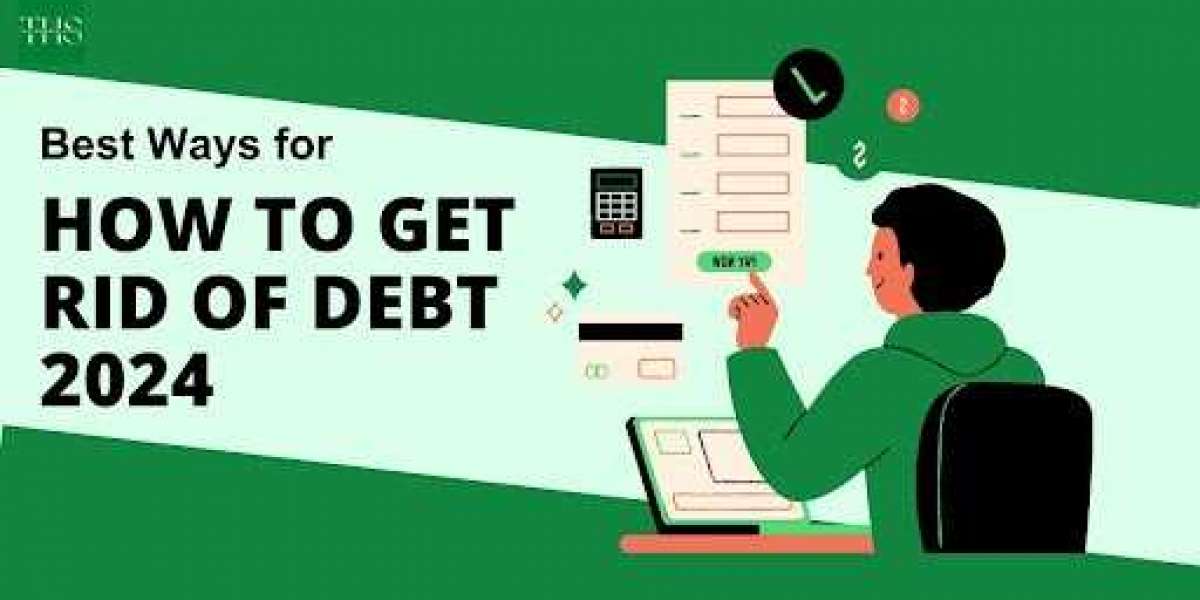Getting rid of debt requires a strategic approach and commitment to financial discipline. Here's a comprehensive guide to help you tackle debt effectively:
Assess Your Debt: Start by gathering all your debt statements to get a clear picture of what you owe. Note down the outstanding balances, interest rates, and minimum monthly payments for each debt.
Create a Budget: Establish a budget to track your income and expenses. Allocate funds for necessities like housing, groceries, and utilities, and set aside a portion for debt repayment. Be realistic and prioritize debt payments within your budget.
Prioritize High-Interest Debt: Identify debts with the highest interest rates, such as credit cards or payday loans. Focus on paying off these debts first as they accrue the most interest over time. Make minimum payments on other debts while directing extra funds towards high-interest balances.
Explore Debt Consolidation: Consider consolidating multiple debts into a single loan with a lower interest rate. This can simplify your payments and potentially reduce the overall interest you pay. Options for consolidation include balance transfer credit cards, personal loans, or home equity loans.
Cut Expenses: Review your spending habits and identify areas where you can cut back. Trim discretionary expenses like dining out, entertainment, or subscription services. Redirect the savings towards debt repayment to accelerate your progress.
Increase Income: Look for opportunities to boost your income. This could involve taking on a part-time job, freelancing, selling unused items, or pursuing a hobby that generates income. Channel the additional funds towards paying off debt faster.
Utilize the Snowball or Avalanche Method: Choose a debt repayment strategy that aligns with your financial goals and preferences. The snowball method involves paying off the smallest debts first, gaining momentum as you move on to larger balances. The avalanche method prioritizes debts with the highest interest rates to minimize overall interest costs.
Negotiate with Creditors: Reach out to your creditors to negotiate lower interest rates, reduced fees, or more favorable repayment terms. Many creditors are willing to work with borrowers facing financial difficulties to find mutually beneficial solutions.
Stay Disciplined: Stick to your debt repayment plan and resist the temptation to accumulate more debt. Avoid using credit cards for unnecessary purchases and focus on living within your means. Celebrate small victories along the way to stay motivated.
Seek Professional Help if Needed: If you're overwhelmed by debt or struggling to make progress, consider seeking assistance from a certified credit counselor or financial advisor. They can provide personalized advice and resources to help you navigate your debt repayment journey.
By following these steps and staying committed to your financial goals, you can successfully eliminate debt and achieve greater financial stability. Remember that getting rid of debt takes time and effort, but the rewards of financial freedom are well worth the journey.





